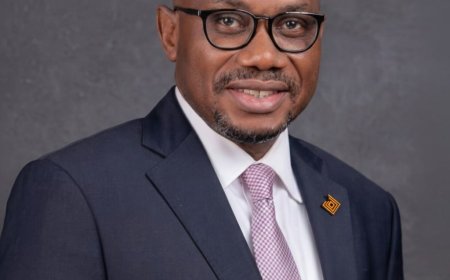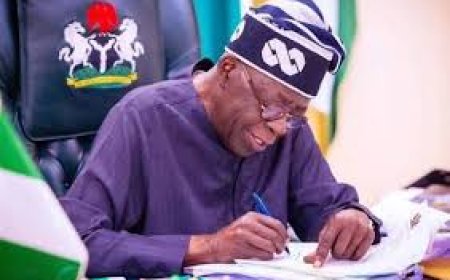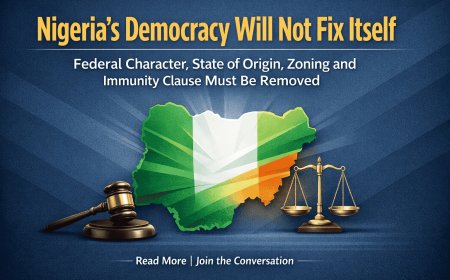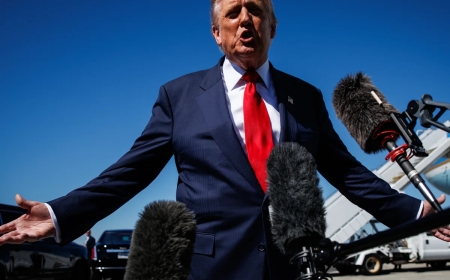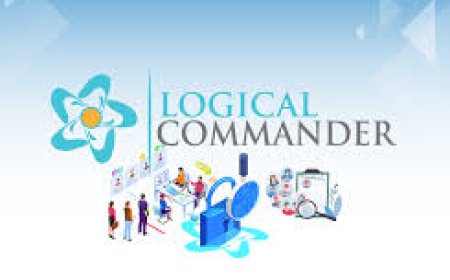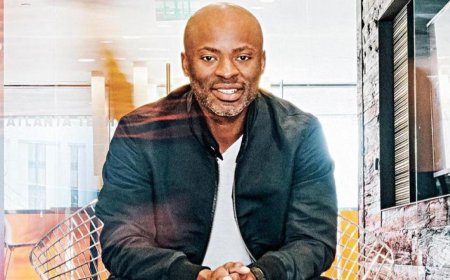Reputation Damage in the Marketplace: Why Honoring Agreements Matters in Corporate Nigeria
Explore how broken agreements damage reputations in Corporate Nigeria. Learn why integrity and honoring deals are vital for lasting success in the marketplace.

1. Introduction: Trust Is the Currency of the Market
In Nigeria’s vibrant business ecosystem, transactions are more than exchanges of goods and services—they are relationships forged on trust. A company’s reputation, though intangible, carries tangible consequences. As the Nigerian adage goes, “A good name is better than riches.” Yet, in a market where handshakes often precede contracts, reputation remains a fragile asset. When agreements are broken, the fallout extends beyond courtrooms: it erodes stakeholder confidence, tarnishes brand equity, and destabilizes long-term growth. For corporate Nigeria, honoring commitments isn’t just a legal obligation—it’s a strategic imperative.

Understanding Reputational Risk: Safeguarding Organizational Integrity
Reputational risk, a concept fundamental to organizational integrity, refers to the potential loss an entity faces due to negative perceptions held by stakeholders. These stakeholders can include customers, employees, investors, regulators, and the general public. When we consider reputational risk, we must recognize that it's not merely about public opinion; it involves the broader implications of how an organization's actions are perceived and understood within its operational environment.
In today's interconnected world, a single misstep can spiral into a reputational crisis, affecting not only the immediate stakeholders but also the long-term viability of the organization. We've seen it happen time and again—companies experiencing significant downturns due to scandals, poor customer service, or ethical lapses. The digital landscape amplifies reputational risk, as social media can rapidly circulate negative information, creating a feedback loop that can escalate reputational damage.
Moreover, reputational risk isn't static; it evolves with changing societal norms, market dynamics, and technological advancements. Consequently, we must adopt a proactive stance in identifying and managing reputational risks. This involves not just crisis management but also the continuous assessment of how our actions correspond with stakeholder expectations. By cultivating a strong organizational culture rooted in transparency and accountability, we can lessen the likelihood of reputational risk materializing. Ultimately, understanding and defining reputational risk is vital for safeguarding our organization's integrity and ensuring its sustained success in an increasingly complex landscape.
2. Understanding Reputation Damage in the Nigerian Business Landscape
Reputation damage in Nigeria manifests in stark ways: viral social media exposés, investor withdrawals, and protracted legal battles. Consider the case of Process and Industrial Developments (P&ID) vs. Nigerian National Petroleum Corporation (NNPC). A breached gas supply agreement led to a $6.6 billion arbitration ruling against Nigeria, spotlighting the risks of contractual negligence on the global stage. Domestically, the 2021 audit revealing $116 million in unfinished government contracts eroded public trust in institutions, while the NCC’s ultimatum to nine banks over $160 million in unpaid USSD debts underscored how financial disputes can escalate into reputational crises.
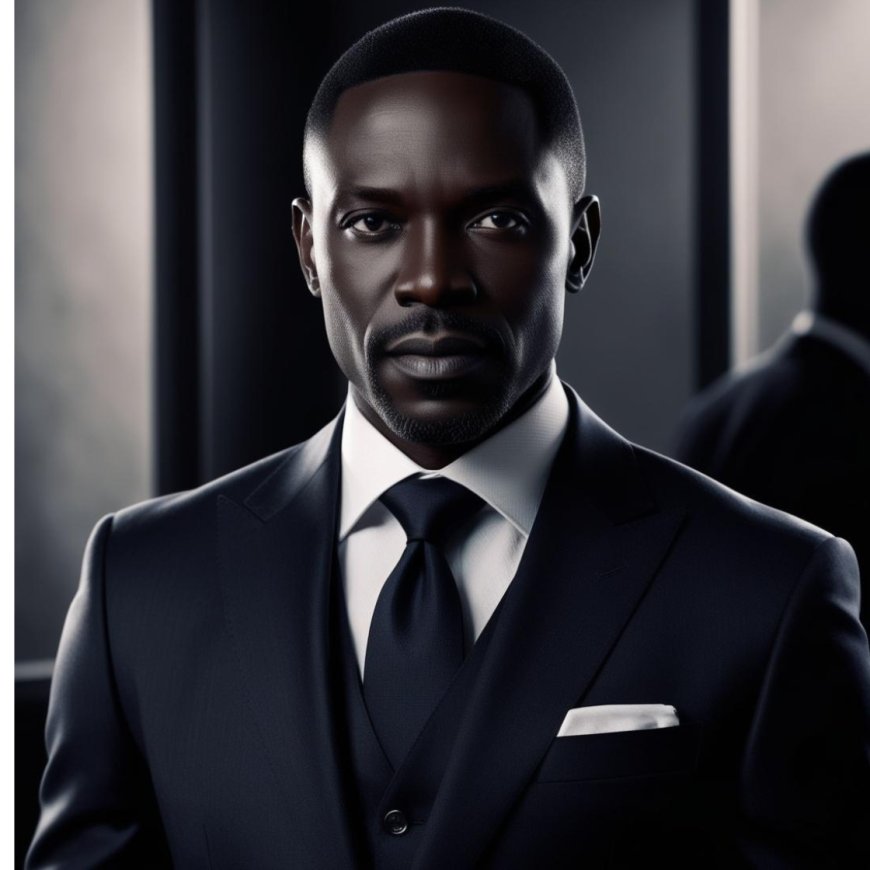
In Nigeria’s interconnected market, bad news travels fast. A single data breach at a telecom giant, as analyzed by Novatia Consulting, can spark nationwide backlash. Conversely, transparent crisis management—like a bank owning up to fraudulent activities and implementing robust compliance measures—can salvage credibility.
3. The Real Cost of a Broken Agreement
The consequences of reneging on agreements are twofold:
Direct Costs:
- Financial Loss: The NNPC-P&ID debacle risks draining Nigeria’s foreign reserves. Similarly, banks facing USSD disconnection by the NCC jeopardize customer transactions, impacting revenue.
- Litigation: Legal fees and settlements strain resources. Dangote Group’s ongoing lawsuit against Ibeto Cement over undelivered supplies exemplifies how disputes can linger for years.
Indirect Costs:
- Eroded Trust: A 2023 National Bureau of Statistics report noted that $1.26 billion in public sector bribes worsened citizen distrust in institutions.
- Staff Morale: The Gallup study cited by Lucille Ossai reveals only 13% of Nigerian employees feel engaged at work, partly due to ethical lapses that demoralize teams.
“When contracts fail, stakeholders don’t just walk away—they talk,” warns a Lagos-based corporate lawyer. “One broken promise can cost ten future deals.”
4. Why Honoring Agreements Is Not Just Legal—It’s Ethical Leadership
Nigeria’s business culture thrives on personal bonds. As the Igbo proverb says, “Onye ahala nwanne ya” (“He who mistreats his kin will face ruin”). Ethical leadership demands that companies treat contracts as covenants, not mere paperwork.
Legal vs. Moral Obligations:

A CEO’s Perspective:
“In our boardrooms, we ask: ‘Is this agreement fair, even if it’s legal?’” says Dr Kreeno (KREENO CONSORTIUM), CEO of a Lagos-based Debt Recovery and Private Investigation Firm. “Our word is our equity.”
5. Rebuilding After a Reputation Hit: Is It Possible?
Recovery requires humility, strategy, and time.
Case Study: Turning Crisis into Opportunity
When a major Nigerian bank faced fraud allegations, it partnered with a Consulting firm to:
- Issue a public apology and restitution plan.
- Retrain staff on compliance.
- Launch a transparency portal for real-time transaction tracking.
Within a year, customer trust rebounded, and investor confidence stabilized.
Steps for Redemption:
- Act Swiftly: Delay fuels speculation.
- Engage Stakeholders: Post-crisis, a multinational oil firm held town halls with affected communities, investing in local healthcare and education.
- Leverage Media: Transparent PR campaigns can reframe narratives.
6. The Role of Corporate Governance and Leadership Integrity
Strong governance transforms contractual commitments into cultural priorities.
Proactive Measures:
- Ethics Officers: Appoint leaders to audit agreements for fairness and feasibility otherwise outsource this responsibilities to independent firms with passion for Integrity In Business culture and counter fraud intelligence technocrats.
- Compliance Training: Regular workshops ensure teams understand the reputational weight of contracts.
- Stakeholder Mapping: Identify which agreements impact brand equity most (e.g., supplier pacts, CSR pledges).

Regulatory Lessons:
The NCC and Central Bank of Nigeria’s intervention in the USSD debt crisis highlights how regulatory clarity can preempt disputes. Similarly, the Corporate Affairs Commission penalizes firms violating disclosure norms, reinforcing accountability.
7. Conclusion: In Business, Your Name Is Your Legacy
Reputation is a mosaic built daily through kept promises, ethical decisions, and stakeholder respect. For corporate Nigeria, sustainable growth hinges on honoring agreements—not as a compliance checkbox, but as a core value.
Call to Action:
- For Executives: Audit existing contracts for alignment with ethical standards.
- For Policymakers: Strengthen dispute resolution frameworks to rebuild investor confidence.
- For All: Remember, in the marketplace, your name outlives your balance sheet.
“We do not inherit reputation from our ancestors; we borrow it from our children,” . Let’s ensure Nigeria’s corporate legacy is one of integrity in business.
This quote speaks directly to several critical themes in international business and corporate governance:
Intergenerational Accountability
- Corporations are not just economic entities—they are custodians of societal trust across generations.
- As explored by scholars like Elkington (Triple Bottom Line) and Freeman (Stakeholder Theory), modern firms must balance profit with purpose and intergenerational responsibility.
Reputation Capital
- In global markets, reputation is intangible yet invaluable . Nigeria’s firms must invest in ethical branding and corporate citizenship to compete internationally.
Ethical Leadership in Emerging Markets
- Nigeria, like many emerging economies, faces a paradox: abundant resources and talent, but often undermined by weak governance and corruption.
- Your statement aligns with frameworks like Institutional Voids Theory and Business Ethics in Transition Economies .
Suggested Reading:
- Elkington, J. (1997). Cannibals with Forks: The Triple Bottom Line of 21st Century Business .
- Freeman, R. E. (1984). Strategic Management: A Stakeholder Approach .
- Transparency International Corruption Perceptions Index (CPI) Reports (Annual)
- Amaeshi, K., Adi, B., Ogbechie, C., & Okoye, A. (2006). Corporate Social Responsibility in Nigeria: Problems and Prospects .

The Kreeno Collection: Six Quotes on Legacy, Ethics, and Leadership
1. “We do not inherit reputation from our ancestors; we borrow it from our children.”,,, Dr. Kreeno, Corporate Philosopher
2. “A company’s truest compass is not its profit margins, but the principles it refuses to compromise.” ... Dr. Kreeno, KREENO Ethical Governance Lectures
3. “In the long arc of business, only integrity in business survives the fall of empires and the rise of new markets.” ... Dr. Kreeno, Address at the CAFFIA Business Ethics Forum
4. “Leadership is not about building monuments to oneself—it is about planting trees under whose shade you may never sit.”... Dr. Kreeno, Reflections on Sustainable Enterprise
5. “The greatest risk to a corporation is not market volatility, but moral myopia.” ... Dr. Kreeno, Keynote at the CAFFIA Leadership Summit
6. “A brand built on trust does not need walls to protect it.” ... Dr. Kreeno, Insights on Reputation Capital
Dr. Ohio O. Ojeagbase FICA, S.FIDR
Chief Private Investigator & Chief Executive Officer
Kreeno Debt Recovery & Private Investigation Agency (KREENO CONSORTIUM)
Lagos, Nigeria
Website: www.kreenoplus.com
Keywords: Reputation damage, corporate trust, contracts, brand equity, ethical business, Nigeria business culture.
What's Your Reaction?











